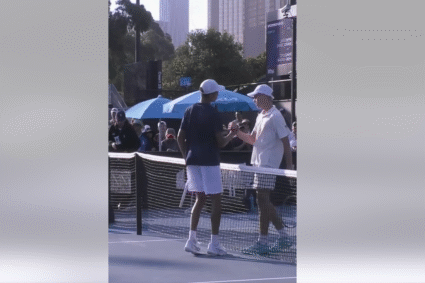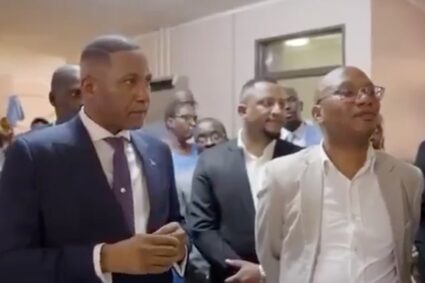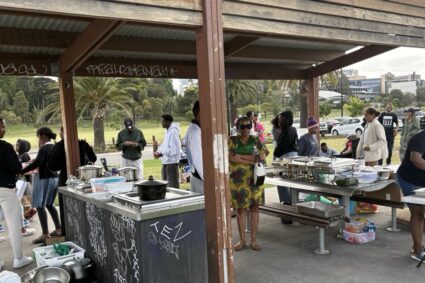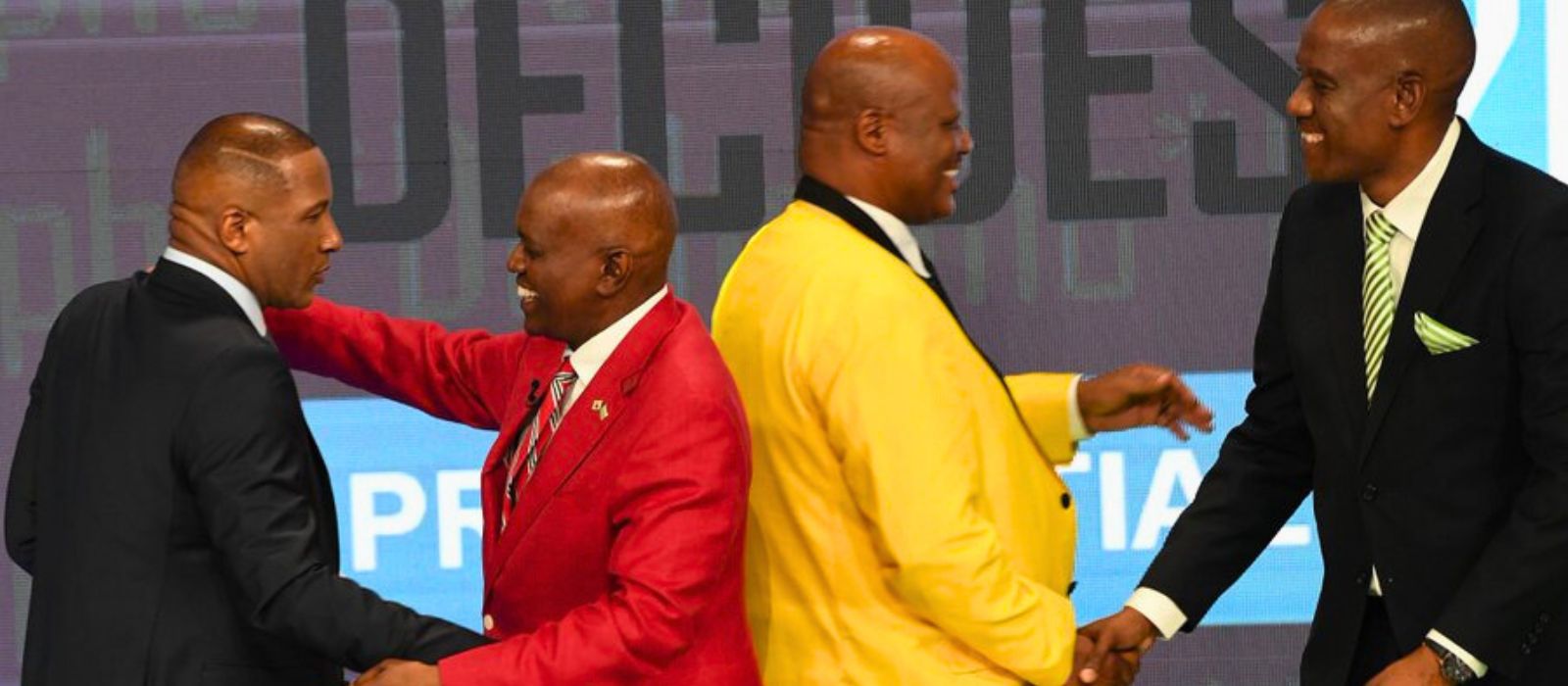
GABORONE — The nation of Botswana awaits with anticipation as votes trickle in for both parliamentary and local authority elections, set to determine the country’s next President. As results roll in, political parties are already registering wins across the country, including the ruling Botswana Democratic Party (BDP) and opposition parties such as the Umbrella for Democratic Change (UDC), Botswana Congress Party (BCP), and Botswana Patriotic Front (BPF).
The primary question on every Motswana’s mind is whether the BDP will maintain its political dominance or if Botswana, much like neighboring South Africa, will see the rise of a coalition government. The country’s Parliament is composed of the President and the National Assembly, which recently expanded from 57 to 61 seats. Legislators are elected by a first-past-the-post vote, and the party holding the majority in Parliament selects the President, who leads a five-year term.
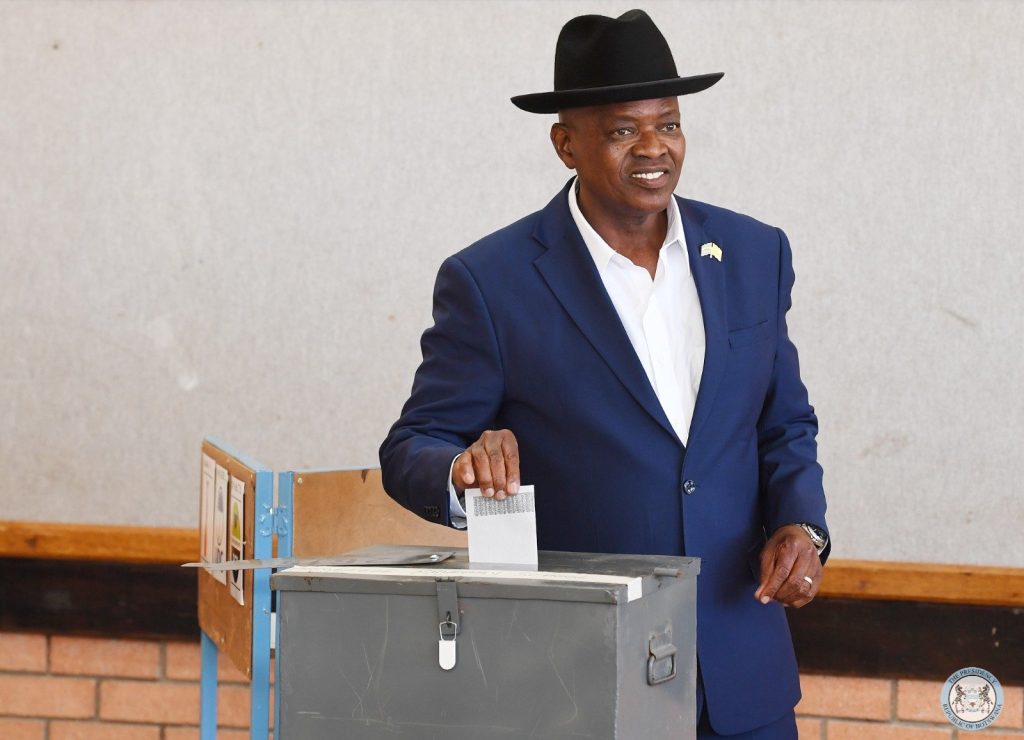
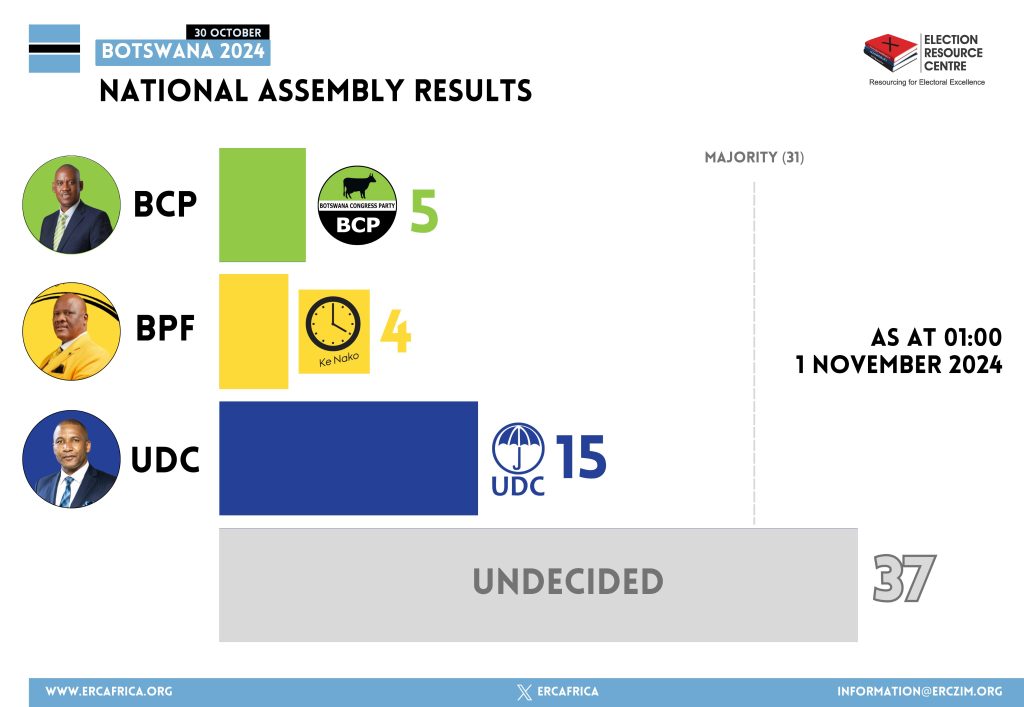
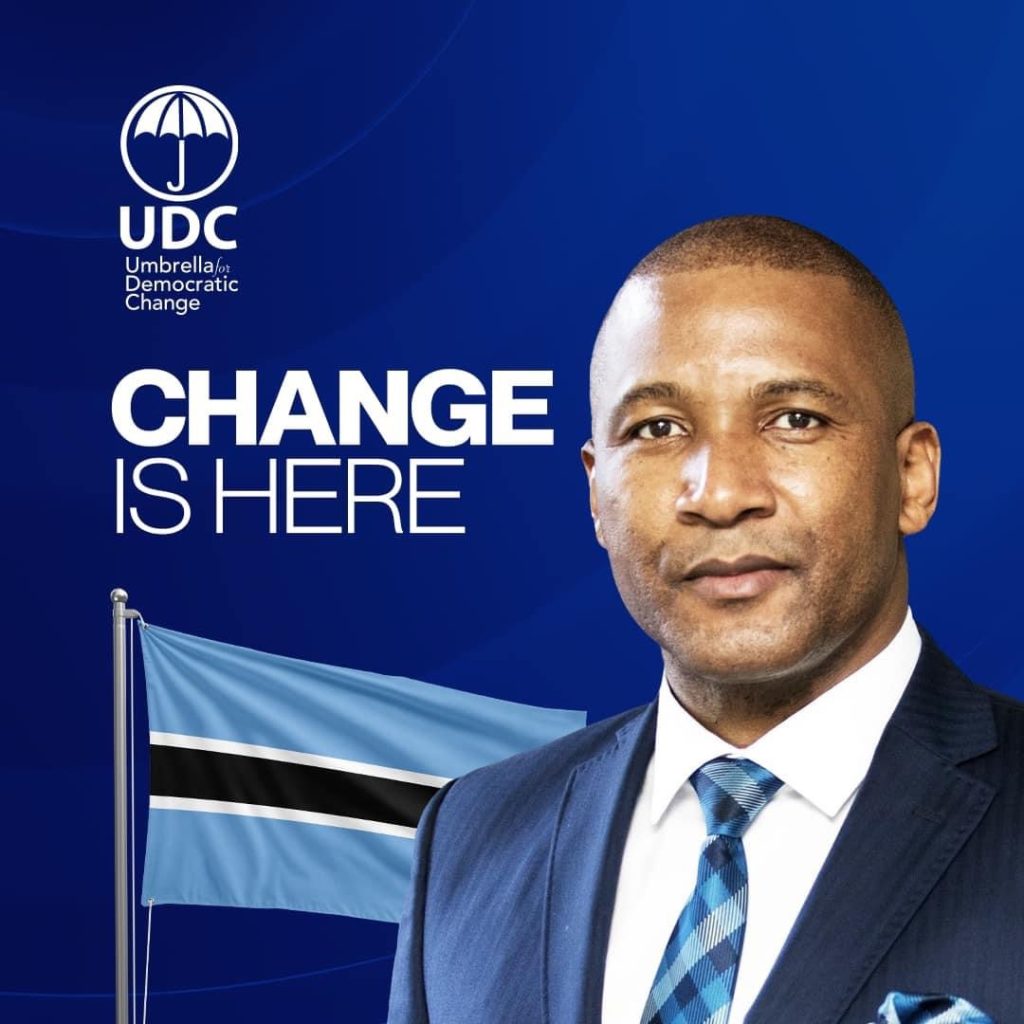
For nearly six decades, Botswana has operated without the coalition or unity governments seen in Zimbabwe and South Africa, instead holding a stable, single-party majority. To govern independently, a party must secure at least 31 seats. The primary contenders include incumbent President Mokgweetsi Masisi of the BDP, main opposition leader Duma Boko of the UDC, Dumelang Saleshando of the BCP, and Mephato Reatile of the BPF, a party linked to former President Ian Khama and seen as a BDP offshoot.
Botswana holds a prominent role within the Southern African Development Community (SADC), as its headquarters are based in Gaborone. Known for its democratic stability and near-zero political violence, Botswana remains one of Africa’s most respected countries in terms of democratic governance, and all eyes are on the election as the nation looks toward its political future.
